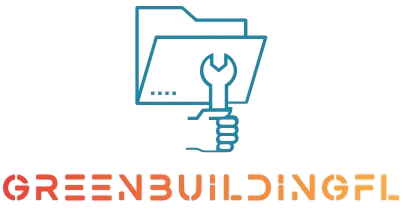Strategies for Effective Project Negotiation
Effective project negotiation is crucial for successful project outcomes. Here are some strategies to help you navigate project negotiations effectively:
- Preparation:
– Understand your goals: Clearly define your project objectives, desired outcomes, and non-negotiables before entering into any negotiation.
– Research and gather information: Collect relevant data and information about the project, industry benchmarks, market conditions, and potential alternatives. This knowledge will strengthen your position during negotiations.
- Build a Relationship:
– Establish rapport: Develop a positive working relationship with the other party by fostering open communication, active listening, and mutual respect. Building trust and rapport can facilitate smoother negotiations.
– Understand their objectives: Gain a deep understanding of the other party’s goals, needs, and priorities. This insight will help you align your proposal and negotiate mutually beneficial terms.
- Identify Interests and Priorities:
– Identify key interests: Identify and prioritize your own interests and needs, as well as those of the other party. Look for areas of common ground or potential trade-offs that can lead to win-win outcomes.
– Focus on shared goals: Align the negotiation discussion around shared objectives and problem-solving rather than positional bargaining. This approach encourages collaboration and creative solutions.
- Communicate Effectively:
– Clearly articulate your value proposition: Clearly communicate the value, benefits, and unique aspects of your project to the other party. Emphasize how your proposal addresses their interests and why it is advantageous for them.
– Active listening: Pay close attention to the other party’s concerns, feedback, and suggestions. Ensure effective two-way communication by summarizing and clarifying their perspectives.
- Flexible Problem Solving:
– Explore alternatives: Instead of getting fixated on a single solution, be open to exploring different options. Brainstorm alternatives that meet both parties’ needs and creatively resolve any conflicts or barriers.
– Focus on interests, not positions: Surface underlying interests and determine ways to address them. This allows for trade-offs and compromises that can lead to mutually satisfactory agreements.
- Seek Win-Win Agreements:
– Aim for mutual gain: Devise creative solutions that satisfy both parties’ interests and result in mutually beneficial outcomes. Strive for agreements that foster long-term relationships based on trust and cooperation.
- Document and Follow-Up:
– Put it in writing: Clearly document agreed-upon terms, deliverables, timelines, and responsibilities to ensure a shared understanding and minimize any misunderstandings.
– Maintain ongoing communication: Keep the lines of communication open even after negotiations to address any issues that may arise and maintain a positive working relationship throughout the project.
By employing these strategies, you can enhance your negotiation skills and achieve more favorable outcomes for your projects while fostering positive and collaborative relationships with stakeholders.



